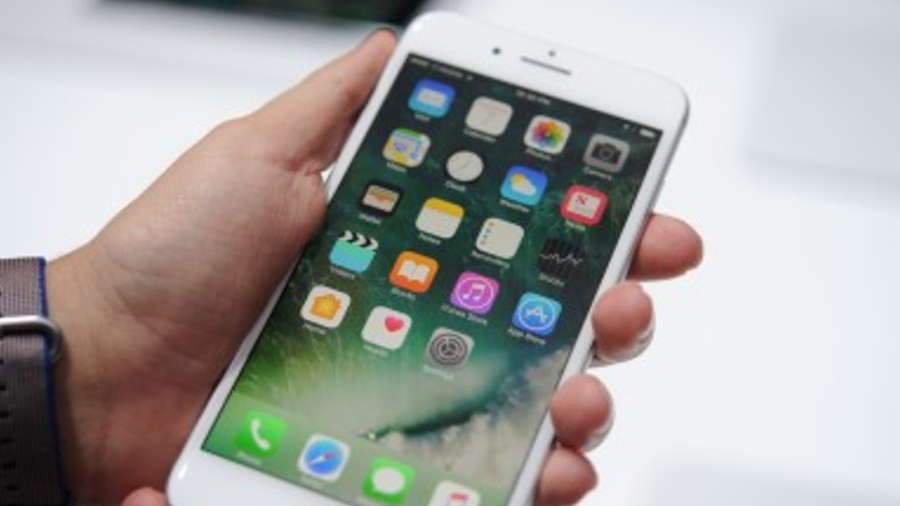Your iPhone would be really secure with this air-tight protective case
No need for breathing space

A recent patent published by the US Patent and Trademark Office and spotted by Patently Apple shows that Apple isn’t just focusing on making the iPhone smarter – it’s working on cases too.
We’re not talking novelty cases that look like cats, either, as great as they are. This is a case that would turn the usually fragile iPhone into something considerably more sturdy, thereby giving it a wider appeal.
The stand out feature of the case would be that it’s completely air-tight with a smart detection mechanism that will notify users when their handset is secure.
This is possible because the case would come in three parts which the iPhone itself fits between.
Super secure
The bottom part which would cover the back of the phone contains the majority of the technology including a battery, memory circuit, processing circuit and electrical contact detector.
The electrical contact detector is the key component in making sure the phone is aligned correctly inside the case, while the processing unit and battery would work together to run a program stored on the memory circuit that communicates whether or not the case is safely securing the phone.
If the iPhone is aligned, this program would be able to tell the user via their phone that that’s the case. If the handset isn’t secure, the device will be able to provide feedback to the iPhone detailing what measures must be taken to lock it securely in place.
Sign up for breaking news, reviews, opinion, top tech deals, and more.
Once the phone is securely in place, the user will be able to place a silicone sealing element over the phone’s screen before enclosing it between the top and bottom parts of the case.
The patent shows that when the various parts of the case are aligned around the phone, the user will be able to lock it in place by turning a latch on the case’s rear. Whether the latch is locked or unlocked would be displayed on the iPhone screen.

Once the latch is locked, the patent suggests that the pressure involved will compress the sealing element against the iPhone screen, providing an ingress barrier and protection against shock should the phone be dropped.
Though this may seem like an excessive amount of protection for everyday use – though we all know an excessively clumsy iPhone owner that should perhaps consider it – it makes the iPhone a viable handset option for those who work or play in extreme conditions.
For example, deep sea divers who work underwater or armed forces personnel who are stationed in desert locations wouldn’t be able to use an iPhone even if it had a good standard case.
With an air-tight case, however, water, sand and force damage would be much less of an issue meaning these people would be able to keep the consumer handsets on their person.
It’s not clear whether or not the phone would actually be usable when inside the air-tight case, though the patent does say that some iterations of the case may include a force detection sensor capable of sensing when force is applied to the display. This suggests that it would therefore be possible to interact with the phone screen, though it may just be be to ensure that the sealing element is properly positioned between the back and front of the case.
This is, of course, just a patent exploring an idea so it’s not clear when or if we’ll ever see an airtight iPhone case come to the market. But it suggests Apple may be looking to court users with more rigorous daily lives.

Emma Boyle is TechRadar’s ex-Gaming Editor, and is now a content developer and freelance journalist. She has written for magazines and websites including T3, Stuff and The Independent. Emma currently works as a Content Developer in Edinburgh.